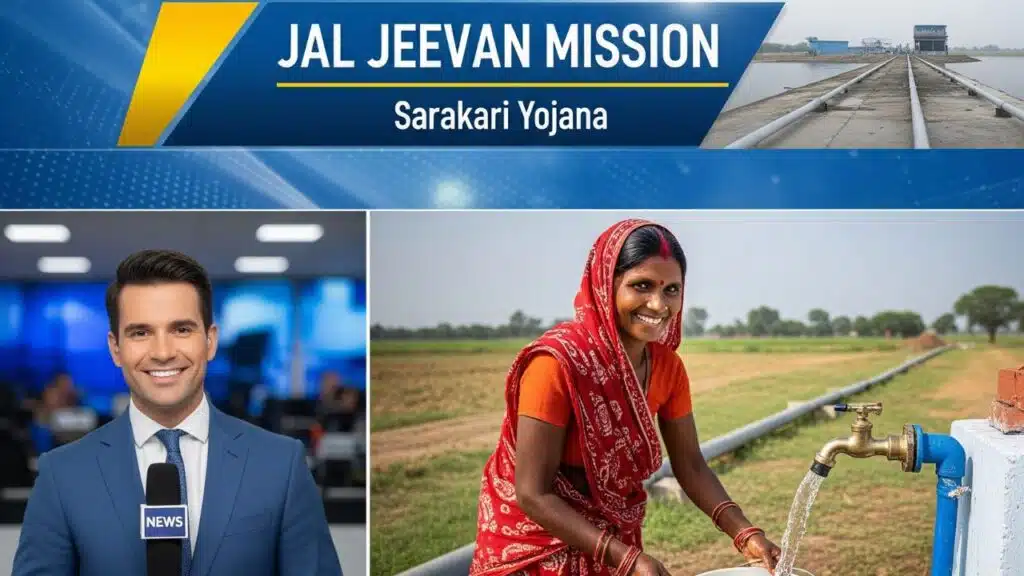
Launched in 2019 with the vision of ensuring “Har Ghar Jal” (tap water for every household), the scheme continues to expand aggressively in 2025.
The Government of India’s flagship initiative, the Jal Jeevan Mission (JJM), has emerged as one of the most ambitious and transformative social welfare programs in the country.
Rural communities, in particular, faced severe challenges such as waterborne diseases, dependence on unsafe sources, and the burden on women who walked long distances to fetch water.
According to official data, more than 15 crore rural households have already been provided with tap water connections as of mid-2025.
Health experts note that access to safe drinking water reduces waterborne diseases such as cholera, dysentery, and diarrhea, which have historically contributed to high child mortality rates.
The Jal Jeevan Mission has become a political talking point in 2025, often cited as a model for large-scale social development.
Its emphasis on inclusivity, health, and women’s empowerment makes it not just a welfare program but a cornerstone of rural transformation.

